Relationship between wheel material selection and performance
The Impact of Wheel Material Selection on Vehicle Performance
How Material Choice Influences Handling and Acceleration
What kind of material gets used in wheels really matters when it comes to how a car handles and accelerates. Wheels made from different stuff have their own levels of stiffness and bendiness, which changes how the whole vehicle feels when driving around corners. Take forged aluminum for example it makes cars turn better because it doesn't flex as much as other options out there. Lighter materials matter too since they cut down on weight at the wheels themselves. Less weight means faster acceleration off the line or through curves. Some research shows wheel materials can change how a car behaves on the road by about 15 percent give or take. That's not just a small detail for engineers working on performance vehicles these days.
Weight Reduction and Its Role in Fuel Efficiency
Making wheels lighter plays a big role in getting better gas mileage. Studies show when wheels lose about 10% of their weight, cars tend to burn around 2% less fuel. Lighter wheels mean the engine doesn't have to work so hard when speeding up or slowing down, which makes the whole car run more efficiently. Manufacturers often turn to materials such as aluminum or carbon fiber to cut down on weight without sacrificing durability, and this helps save even more fuel over time. Cars that weigh less generally last longer too, plus they pollute less, which is good news for our planet and saves money at the pump for drivers in the long run.
Comparing Steel, Alloy, and Advanced Wheel Materials
Steel Wheels: Durability for Truck Rims and All-Terrain Tires
Steel wheels stand out because they can take a beating and still keep going, which is why they work so well on trucks and those tough all terrain jobs. They're basically cheaper when bought new compared to fancy alloy wheels, but what people forget is that they last way longer too. When it comes to carrying serious weight, nothing beats steel for truck rims, particularly when driving through rough terrain where things get bumpy. Sure, steel wheels weigh more than aluminum ones, but that extra heft actually helps them hold up better against road hazards, meaning fewer repairs down the road. Farmers, construction workers, and anyone else who needs wheels that won't quit on them in harsh conditions tend to stick with steel because it just gets the job done without drama.
Aluminum Alloys: Lightweight Solutions for Racing Rims
Race teams love aluminum alloys because they're so light, making cars faster and more responsive on track. The material also gives engineers lots of flexibility when designing parts that need to handle heat better, which means brakes work harder without overheating. Real world tests have shown that switching to good quality aluminum wheels can cut lap times noticeably, especially in endurance races where every second counts. Plus, nobody can deny how cool these wheels look either. Most racers want something that performs well but still turns heads at pit stops. That's why aluminum remains the go to choice for anyone serious about speed who doesn't want to sacrifice curb appeal.
Forged and 3-Piece Wheels: High-Performance Applications
Forged wheels start as one solid block of metal and then get shaped through intense heat and pressure. They pack a lot more punch than standard wheels when it comes to strength and performance, which is why many sports cars and supercars come with them from the factory. The durability factor is impressive too, with some models lasting hundreds of thousands of miles without showing signs of wear. Three piece wheels take things further by letting builders tweak weight distribution, adjust strength levels, and pick out different styles that match their car's personality. On track days, drivers notice the difference almost immediately. Cars with these premium wheels handle corners better and accelerate faster because there's just less weight spinning around at the wheels. Track records tell the story best actually. Professional race teams have seen lap times drop by several seconds after switching to forged or quality three piece setups, which explains why serious competitors spend so much on their wheels.
Key Considerations for Optimal Wheel Material Choice
Matching Material Properties to Driving Conditions
Picking the right wheel material really matters for how well a car performs and stays safe on the road. The choice depends largely on what kind of driving someone does most often street driving around town, going off road into rough terrain, or hitting race tracks at high speeds. Street cars usually work best with aluminum alloy wheels because they're light enough without sacrificing too much strength. Off road vehicles tell a different story though. These trucks and SUVs need steel wheels that can take a beating from rocks, mud holes, and other obstacles that would destroy lighter alternatives. Steel wheels last longer under these harsh conditions, particularly when combined with good quality all terrain tires. Mechanics and automotive experts warn regularly that getting this wrong can lead to serious problems down the road, affecting not just how the vehicle handles but also putting drivers at risk in certain situations.
Thermal Management in Black Rims and Braking Systems
What kind of wheels we put on our cars makes a real difference when it comes to managing heat, particularly during intense driving situations such as track days or repeated hard stops. Those black alloy wheels look great on showrooms but they actually soak up and hold onto heat much better than lighter colored options. This extra warmth buildup can really mess with how well the car handles under pressure unless engineers take steps to counteract it. Materials that conduct heat better work wonders here, basically acting as highways for excess temperature to escape from vital brake parts. Good heat control means brakes stay cooler longer, which translates into better stopping power and parts that last way beyond what factory specs predict. Mechanics have seen this firsthand time and again - vehicles with proper thermal solutions just plain outperform those without them mile after mile.
Future Innovations in Wheel Material Technology
Emerging Trends in Carbon Fiber and Composite Materials
Carbon fiber wheels are catching on fast because they pack serious strength into surprisingly light packages, which gives cars a real edge when it comes to performance. When stacked against regular aluminum or steel wheels, these carbon jobs stay stiffer even though they weigh way less, so vehicles can go faster and handle better too. The latest stuff coming out of material labs is opening doors for wheel designs that aren't just about going quicker but look totally different from anything seen before. Some folks in the know say if manufacturers start using carbon fiber across the board, we might see cars lose around 10% of their total weight. That kind of reduction translates to better gas mileage, sharper handling, and generally speaking, a car that feels much more responsive on the road.
Sustainability in Wheel Manufacturing Processes
The wheel manufacturing sector is seeing real progress toward sustainability these days, particularly when it comes to cutting down on carbon emissions during production runs. Many manufacturers have started experimenting with alternative materials and updated manufacturing techniques designed to slash both energy usage and waste generation while placing greater emphasis on recycling old parts and sourcing raw materials responsibly. What's pushing this green movement forward? Well, consumers want greener products and governments keep tightening environmental regulations, which has forced companies to get creative with their wheel designs. Industry reports indicate that we might see sustainable materials taking over a significant portion of the market space in just ten years or so, though how exactly this will reshape traditional manufacturing methods remains to be seen. For now, most players in the industry are cautiously optimistic about making wheels that don't harm the planet quite so much.
Recommended Products
 Hot News
Hot News
-
Forged Carbon Products
2024-05-21
-
Forged Off-Road Accessories
2024-05-21
-
GVICHN Introduces Revolutionary Forged Two-Piece Product
2024-05-21
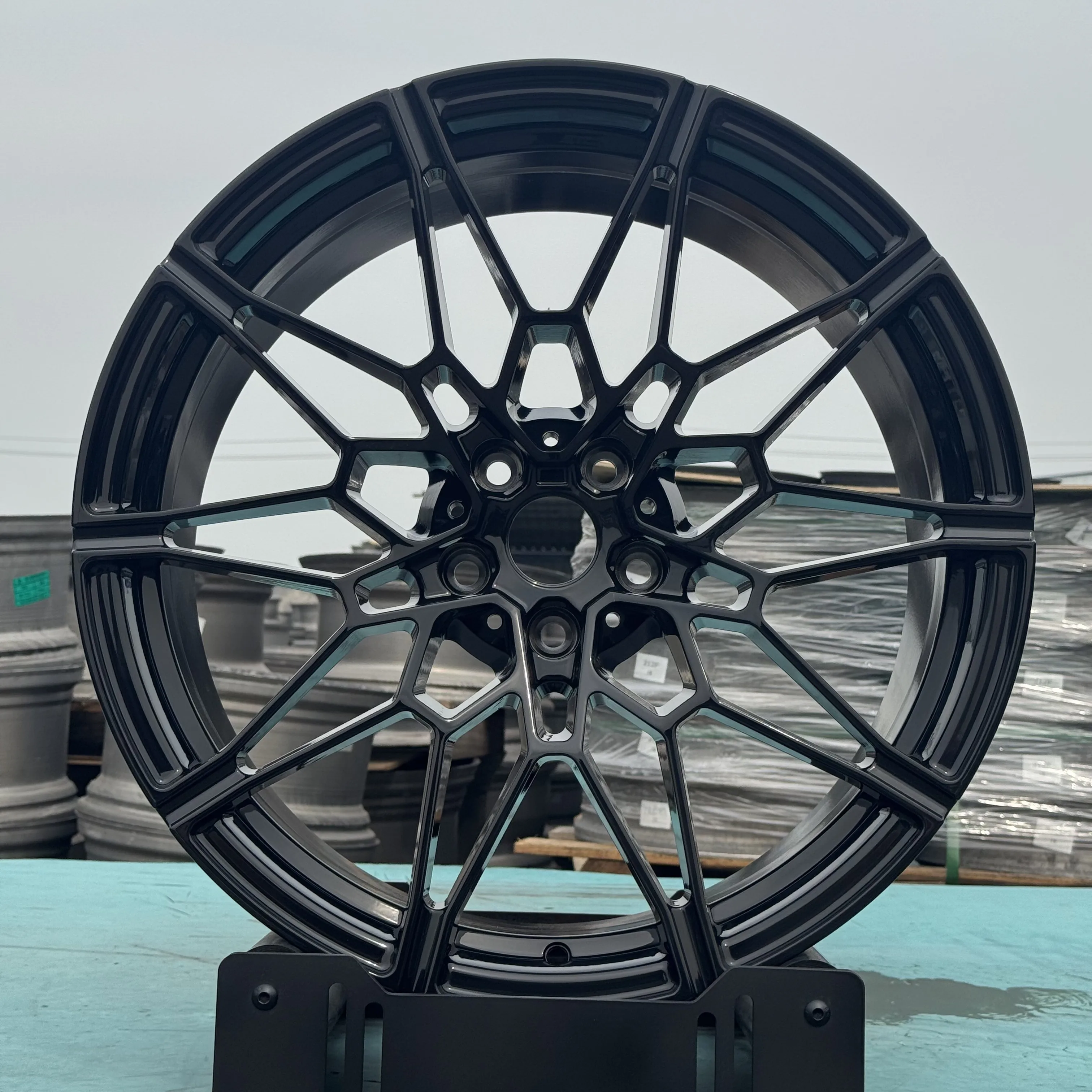

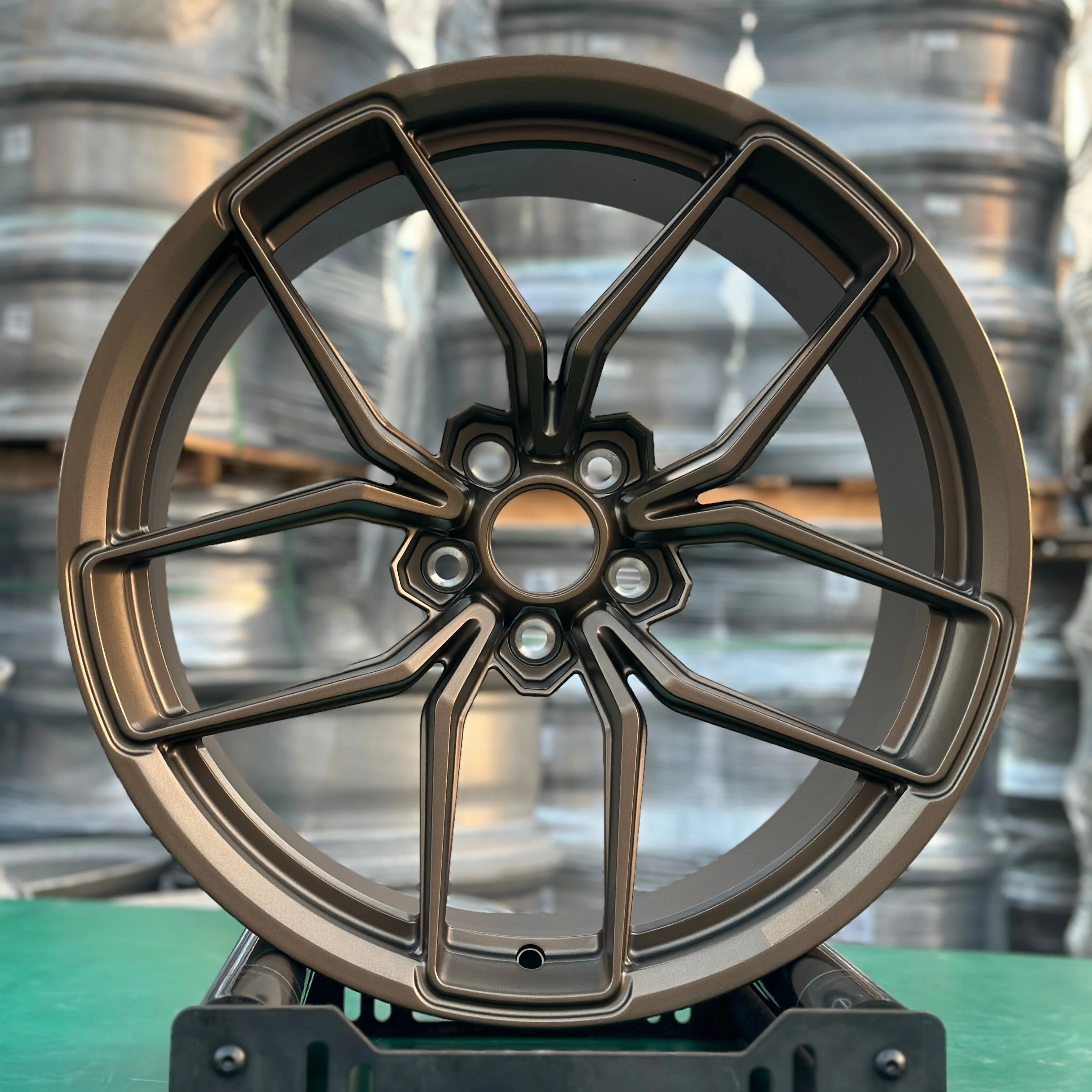
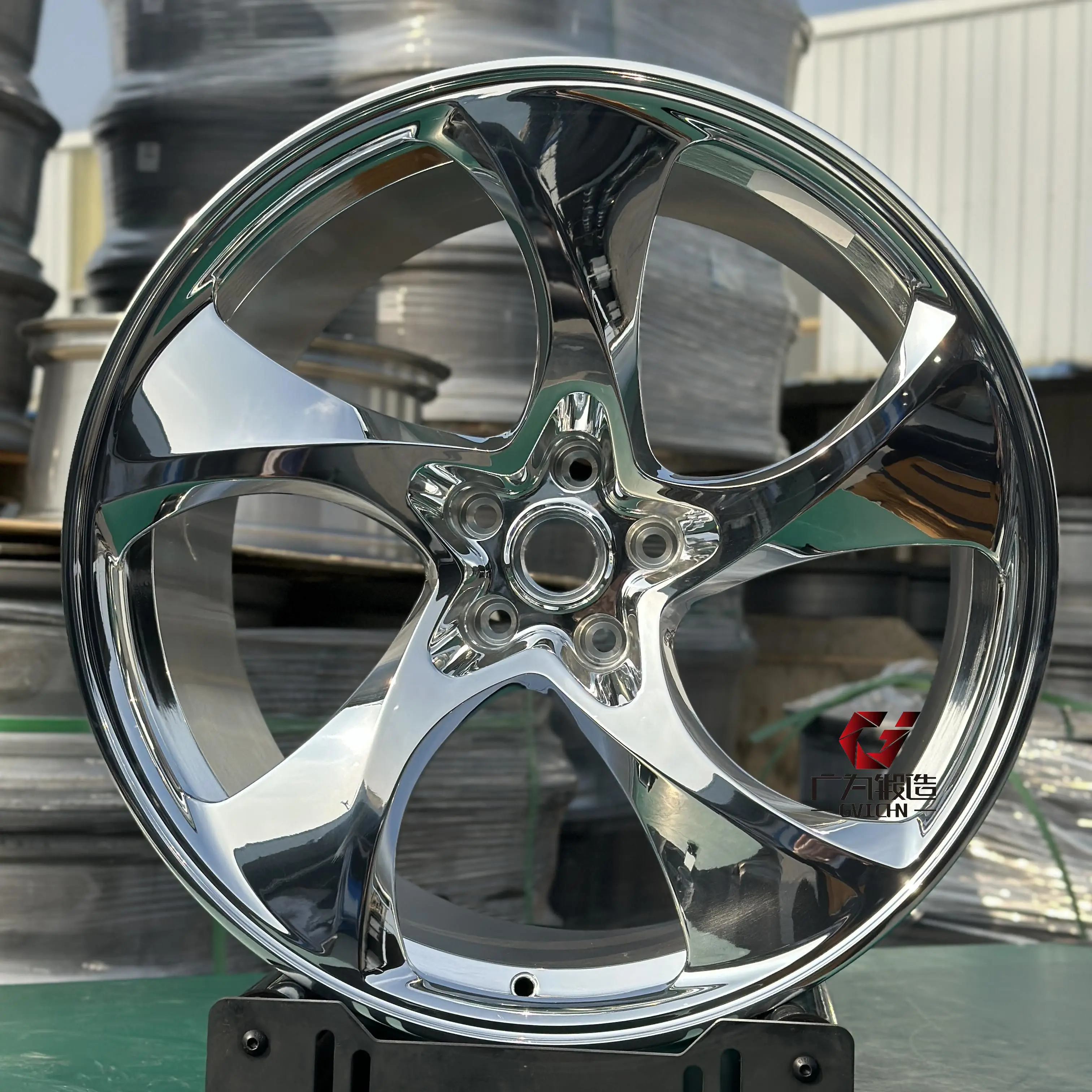
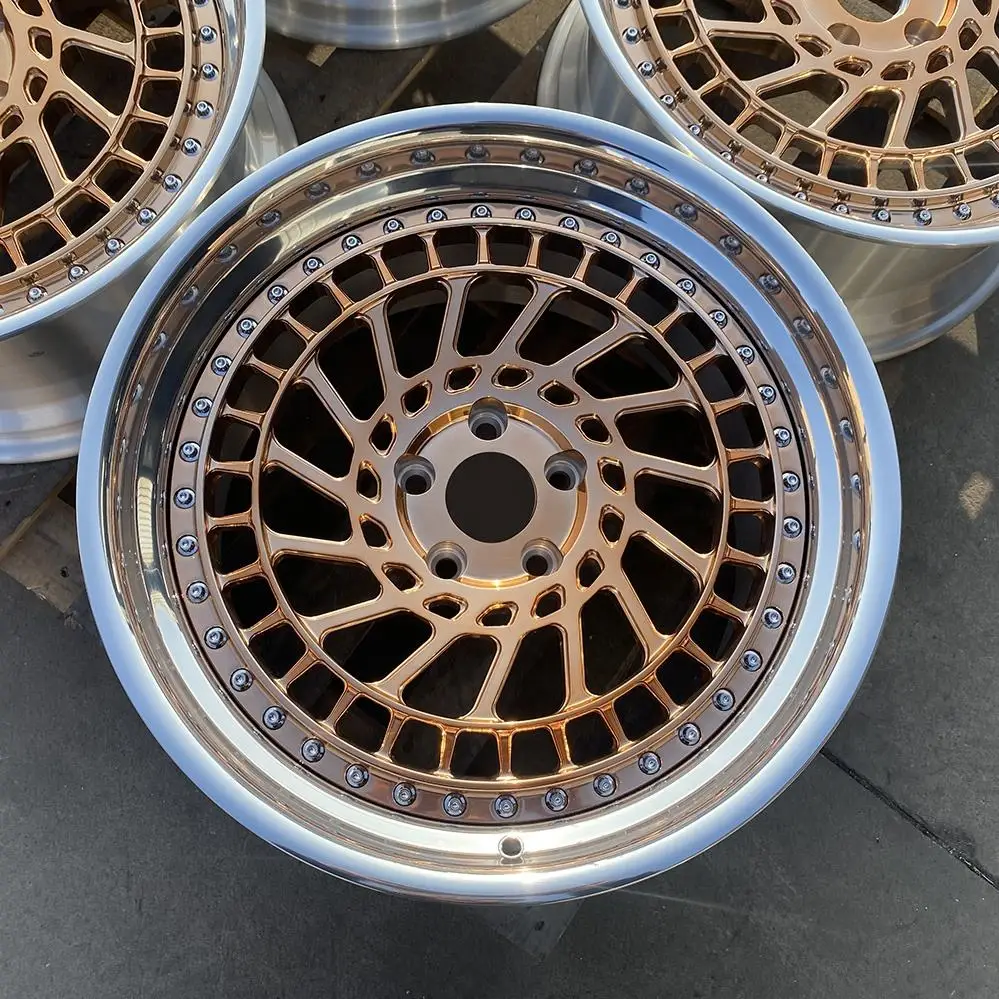
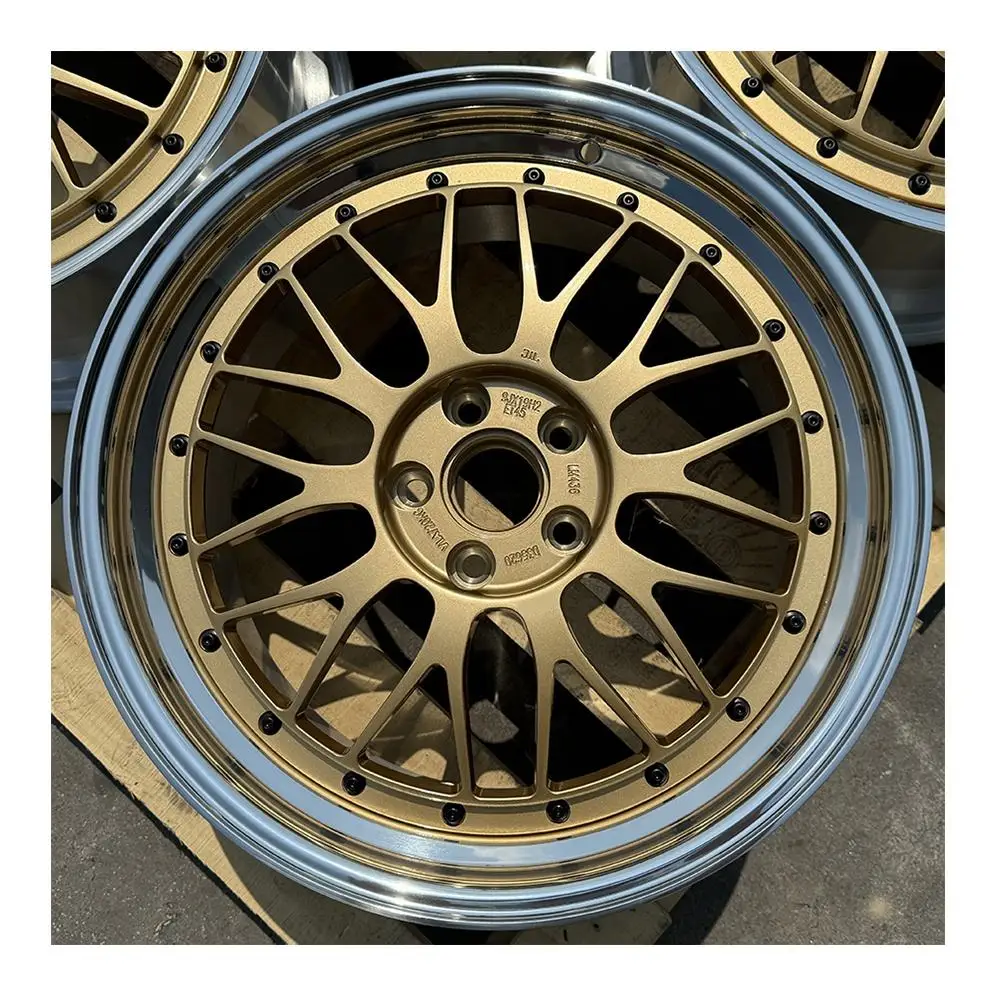
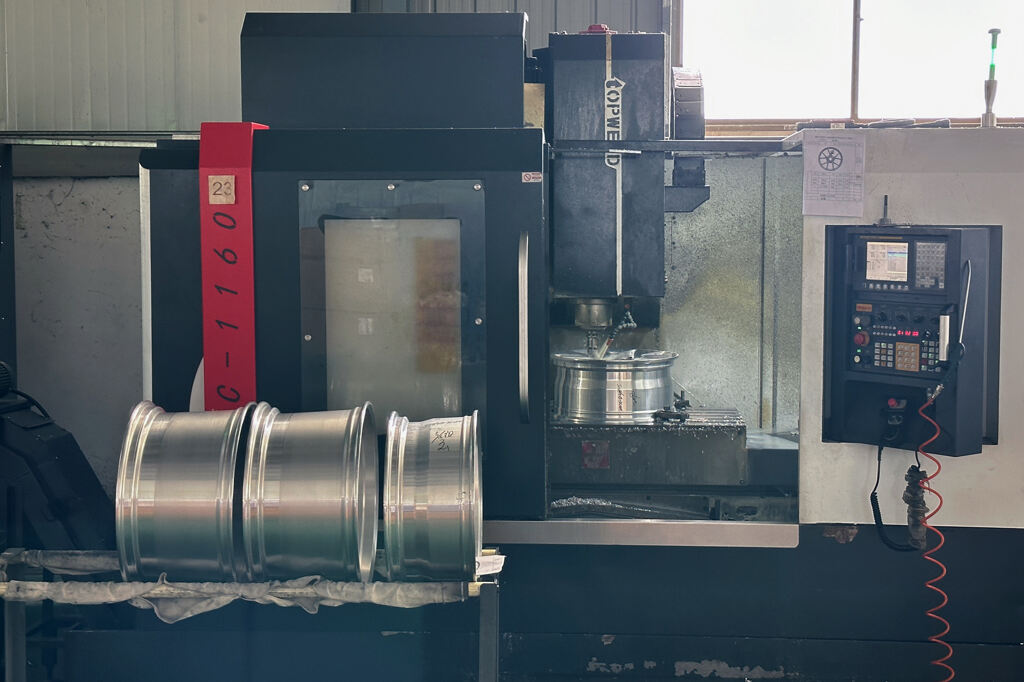
 ONLINE
ONLINE